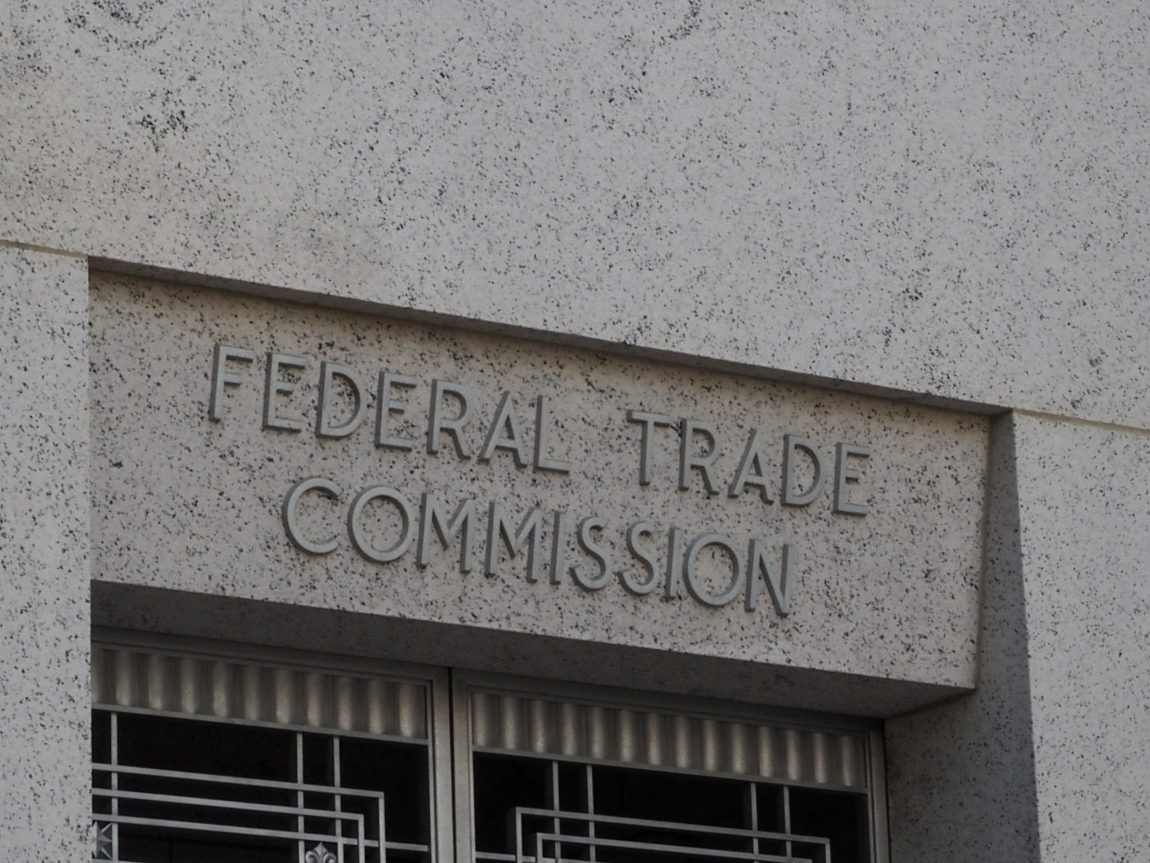On April 23, 2024, the FTC held a public vote in which it approved a final rule banning most non-compete clauses from worker contracts. This final rule is supposed to go into effect 120 days after it is published in the Federal Register. However, litigation is virtually certain to ensue, and the U.S. Chamber of Commerce has already said it would sue to prevent the rule from going into effect. In addition, it is possible that President Trump could cause the FTC to withdraw the rule if he wins this November’s presidential election.
The final rule bans new non-compete agreements except in limited circumstances. Existing non-competes affecting “senior executives” are permitted to remain in force. However, all other existing non-competes would be rendered unenforceable after the final rule’s effective date, and employers would be required to provide notice to affected employees that the non-competes are unenforceable.
There are a number of other significant nuances to the final rule:
- The final rule does not ban non-competes in connection with the bona fide sale of a business.
- The final rule does not apply where a cause of action related to a non-compete accrued prior to the effective date (e.g. currently pending lawsuits).
- The final rule could apply to non-solicitation agreements, training repayment agreement provisions (“TRAPs”), NDAs, garden leave agreements, or other terms and conditions of employment if they “function to prevent a worker from seeking or accepting other work or starting a business after their employment ends.”
This is a major change in the legal landscape. Employers whose agreements contain non-competes, non-solicitation clauses, TRAPs, NDAs or other related clauses should consult with their attorneys to determine whether the clauses will remain enforceable, and what additional steps can be taken to protect the employer’s legitimate interests.
*The choice of a lawyer is an important decision and should not be based solely upon advertisements.


